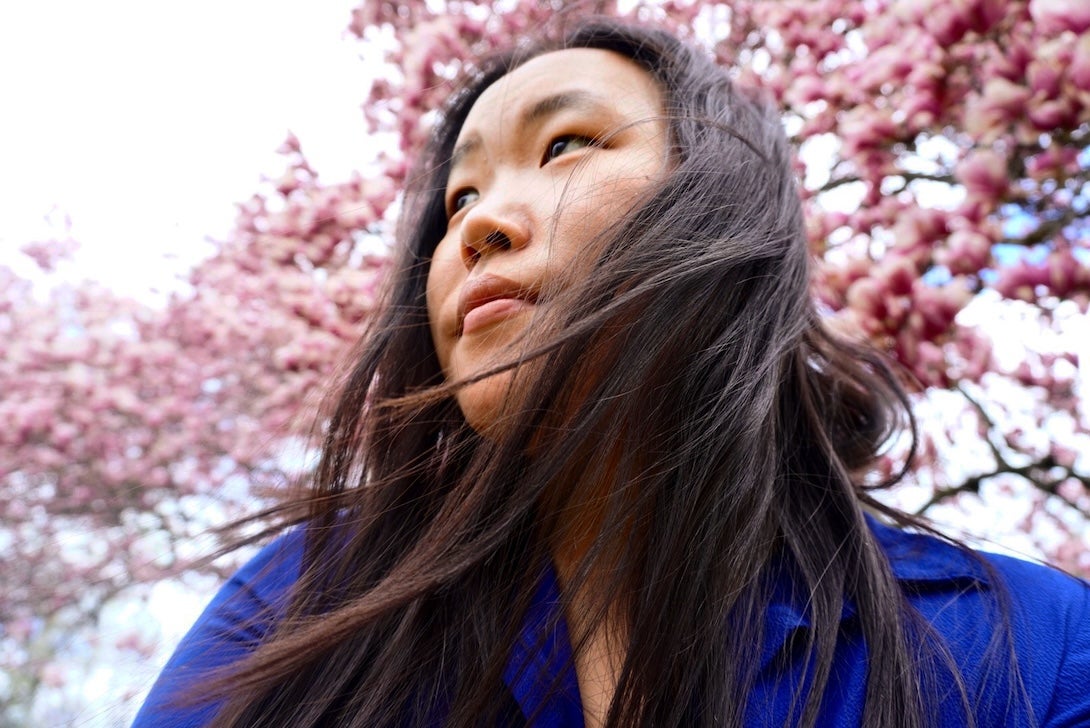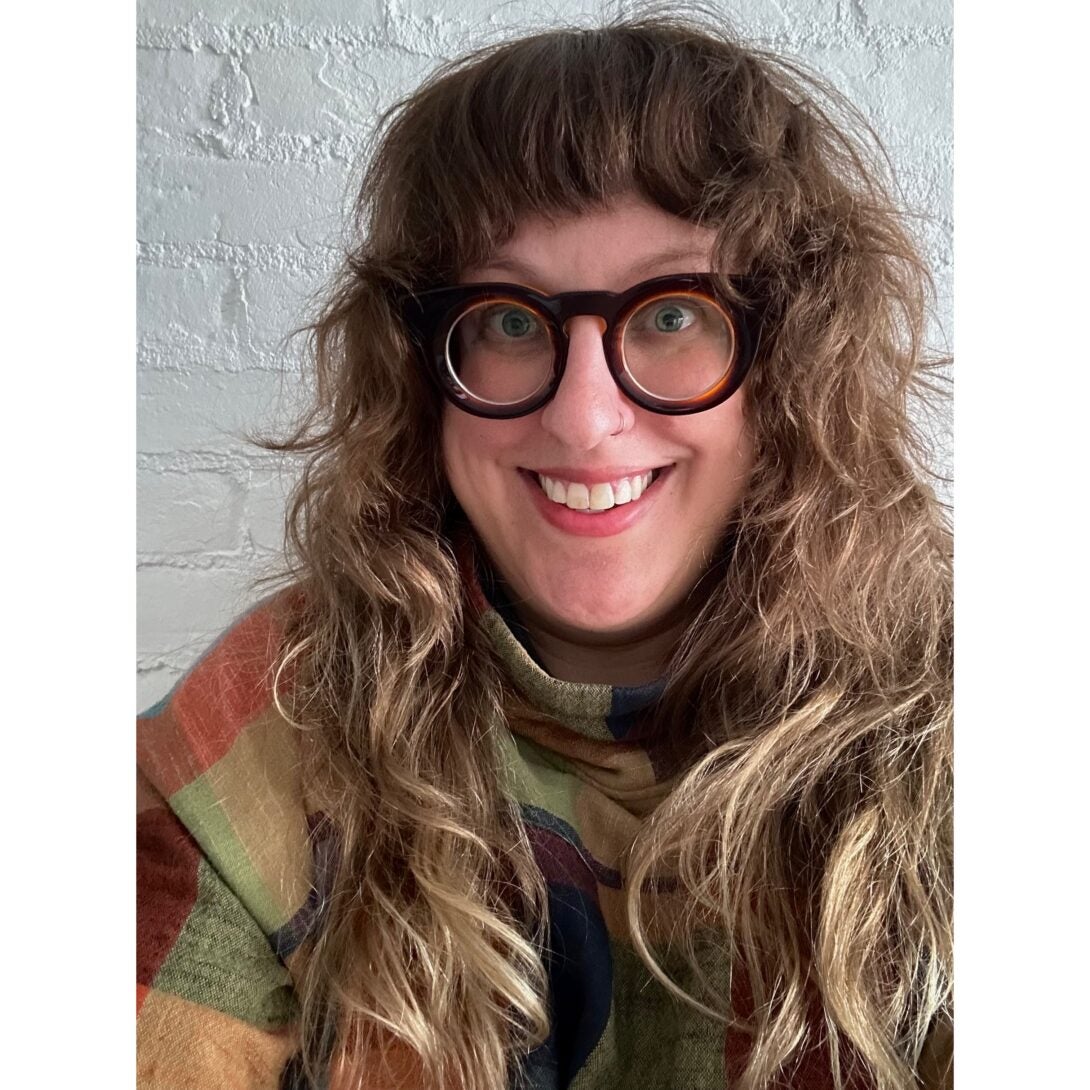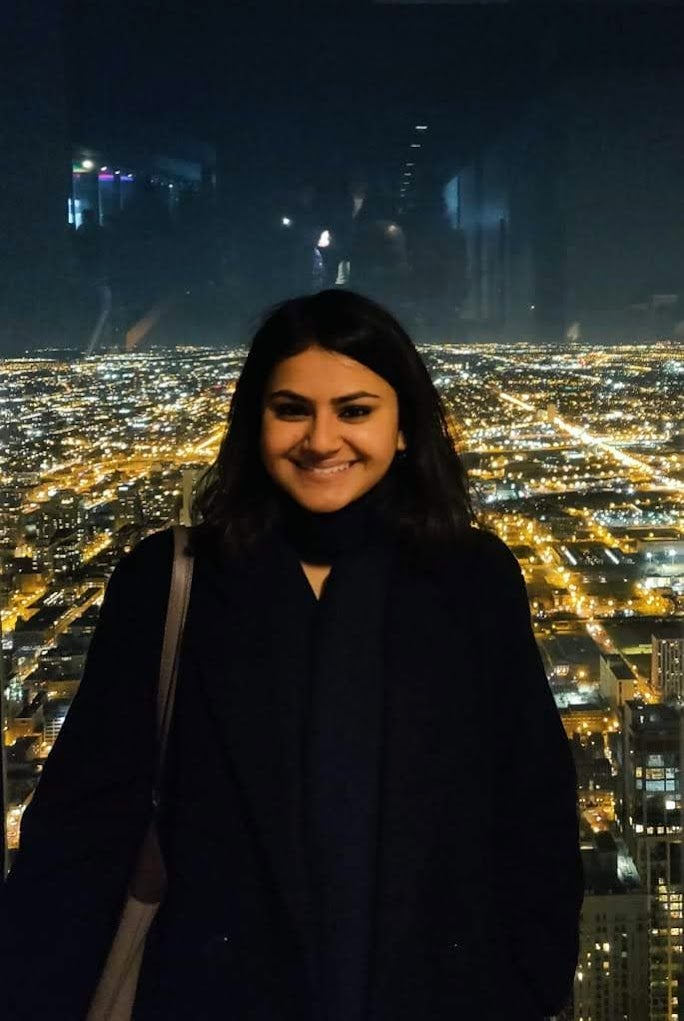Kegan Travel Award Winners
About Sarah Kim-Williams (2024)

Participation in the Ninth Biennial Conference on Adoption and Culture at Brown University will allow me to be in conversations with scholars who are thinking about approaches to kinship and care that are critical for my development as a Disability Studies scholar/activist/educator.
“Recycling and Refurbishing Care: De/Composing Kinship in Kogonada’s After Yang”: Kogonada’s After Yang is a science fiction film that draws upon themes of disability, AI, kinship, and race in ways that challenge notions of the human and investigates the role of the family and technology in creating collective futures. The film raises the question: What bodyminds are being repaired, rehabilitated, or ultimately rejected from sociality? I suggest that Yang’s malfunctioning bodymind and death highlight anxieties that circulate de/composing kinship formations that disrupt chrononormative myths of kinship. Analyzing Yang’s memory core reveals that he has been a “second sibling” to another adopted child and family, suggesting that he may have been cycled through various adoptive families to provide affective care and material labor numerous times throughout his life. Reading narratives of “rehoming” into the film, I argue that Yang offers an epistemological treatise for kinning for the future through practices of recycling, refurbishing, and regeneration that challenge, but at times, affirm anthropocentric constructions of familial belonging.
About Krysten Stein (2023)

As a first-generation PhD candidate at the University of Illinois at Chicago (UIC), my participation in the Association of Internet Researchers (AoIR) doctoral colloquium holds great promise. It provides me with a unique space to connect with fellow doctoral students and esteemed faculty members within our field, fostering a collaborative environment for refining my dissertation ideas. Furthermore, this opportunity allows me to represent both UIC and the Department of Gender and Women’s Studies on a global stage. My dissertation project delves into the intriguing dynamics of how mental health practitioners curate their online identities and the messages conveyed through their videos regarding the intricate interplay between mental health and variables such as gender, sexuality, race, and class. This research has the potential to make a significant contribution to the academic discourse.
Following the conference, I have been privileged to receive an invitation to an exclusive workshop hosted by Microsoft Research New England, focusing on the intersection of creator culture and artificial intelligence (AI). This workshop will bring together 30 global scholars and industry leaders in the field of creator culture. Given that my dissertation involves in-depth interviews with 42 mental health content creators, I am eager to engage in discussions that unpack the various aspects of identity they have highlighted. Together, we will explore how identity factors such as gender, sexuality, race, and class intersect with the world of content creation. This workshop presents an opportunity to deepen my research and connect with leaders in this domain.
About Ritu Ghosh (2023)

My project investigates the impacts of India’s recent surrogacy legislation on surrogate workers, and interrogates the changing legal landscape in India as a cipher for (a) the construction of gendered subjectivities by the state, and (b) the ways in which women’s (re)productive labor is valued. To achieve this, I will conduct multi-sited and multi-pronged field research centering the lived realities and experiences of surrogate workers in the cities of Kolkata and Siliguri in West Bengal, India. As a border state, Bengal has a thriving informal labor economy, facilitated largely by transnational flows of migratory labor that are often gendered. Equipped with my native proficiency in Bengali and prior pilot research conducted in Bengal, I will explore potential connections between outsourced reproductive labor, informal economies, and transnational migration within the contemporary context of state-mandated altruism.
Earlier Awardees
| 2022-2023 | Rachael Wachera Wanjagua |
|---|---|
| 2021-2022 | Sravanthi Dasari, Ritu Ghosh, Helen Rottier, & Krysten Stein |
| 2020-2021 | n/a |
| 2019-2020 | Josephine Chaet |
| 2018-2019 | Kayla Martensen, Meghan Daniel, Priscila Pereira, Sangeetha Ravichandran |
| 2017-2018 | Katharine McCabe, La Tasha Pollard, Marla McMackin, Meloddye Carpio Rios, Sara Rezvi |
| 2015-2016 | Shay Phillips |
| 2014-2015 | Jennifer Ash |
| 2012-2013 | Fransely Robles, Jenny Korn |